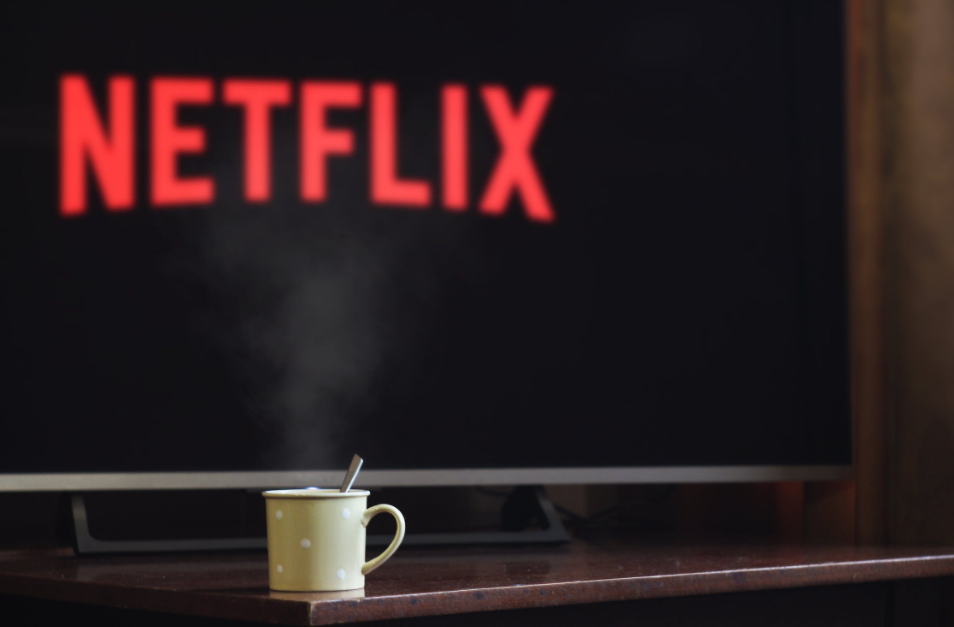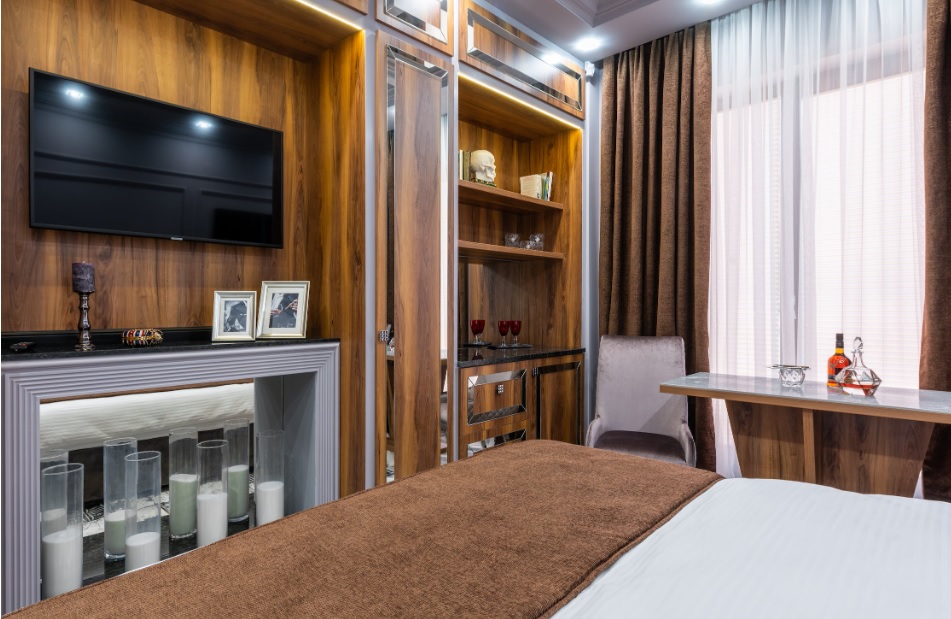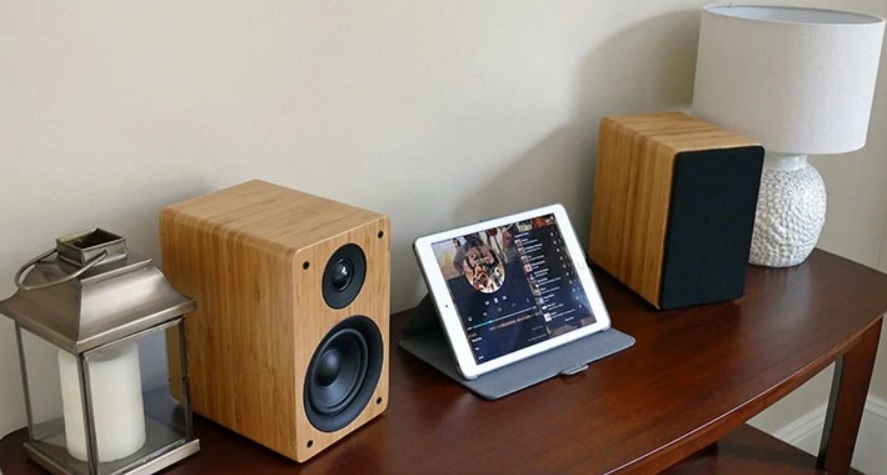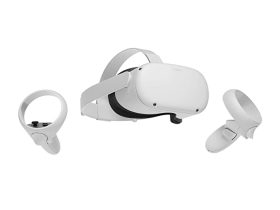
TV speakers are insufficient for producing loud sound.
Having speakers that do not face you directly can have a big influence on the clarity of the music you hear, but the size of the speakers provided in most models is also an issue. This is especially noticeable in the absence of bass response, as bass requires bigger sub-woofers to have an impact.
Larger speakers provide larger sound, whilst smaller speakers produce “tinny” sound that lacks depth and roundness. All of these factors contribute to the unsatisfactory final result, which leaves you with an audio experience that lacks clarity since the speakers aren’t facing you, as well as impact because there isn’t enough area for speakers that provide an impressive bass response.
Even if your TV has stronger bass, you may experience shaking from the TV chassis. This provides another issue for manufacturers to address, since it would need the use of higher-quality materials, raising the price.
It’s difficult to comprehend why TVs fall so short when certain laptops sound so good. It is critical not to compare things on a like-for-like basis. Sitting in front of a laptop is not the same as sitting at the optimal viewing distance from your television.
A television has a considerably greater room to occupy, with sound designed for several listeners. Only the area right in front of the display on a laptop must be audible. Many laptops like TVs, fall short due to the same issue: limited room for little speakers that are kept out of sight.

Modern television speakers almost seldom face front.
When looking at most televisions, the cause for poor sound should be obvious. Because of the industry move towards lower bezels and thinner designs, most designs do not have place for front-facing speakers. If you can’t see any speakers (or the grille that houses the speakers), the speakers aren’t facing you.
Manufacturers instead rely on speakers that blast downward from the bottom of the panel or rearward from the back of the TV. This means that sound bounces off your entertainment unit or the wall behind your TV before reaching you, introducing a slew of variables.
The distance between your TV and the entertainment device, in the case of downward-firing speakers, can have a significant influence on sound. If you don’t have an entertainment unit and instead have your TV hung on the wall, the sound will go straight down to the floor.
Sound will be muffled by soft furniture. If your rear-firing speakers strike a curtain or your downward-firing speakers hit the bed or carpet, the fabric will absorb much of the sound before it reaches you. You can use this effect to attenuate reverb, but it’s not optimal for many current TV speaker configurations.
Software can only go so far in resolving a problem.
Many TV makers employ a few ways to improve mediocre audio. These range from equaliser settings that improve conversation clarity to virtual surround sound presets that try to replicate a real home theatre setup.
You should experiment with the various sound options on your TV to see if any of them improve your experience, but don’t anticipate miracles. Your experience will still be enhanced if you upgrade to a soundbar, home theatre setup, or use an existing audio system.
How to Repair Faulty TV Speakers
The most cost-effective approach is to use an existing stereo system. The speakers on a cheap home stereo are almost definitely bigger than those in your TV, and you can angle them to face you directly. Just keep in mind that many new TVs lack analogue audio outputs, so your receiver will require a digital input that matches the one on your TV, such as S/PDIF or optical output.
Consider a soundbar if you’re looking for a purpose-built, low-cost option. Even a low-cost soundbar, such as the boAt AAVANTE Bar and Sony HT-S20R ,will deliver a better listening experience than the vast majority of TV speakers, with a mid-range alternative, such as the Sony HT-S40R , delivering outstanding performance in a relatively tiny container.






Leave a Reply